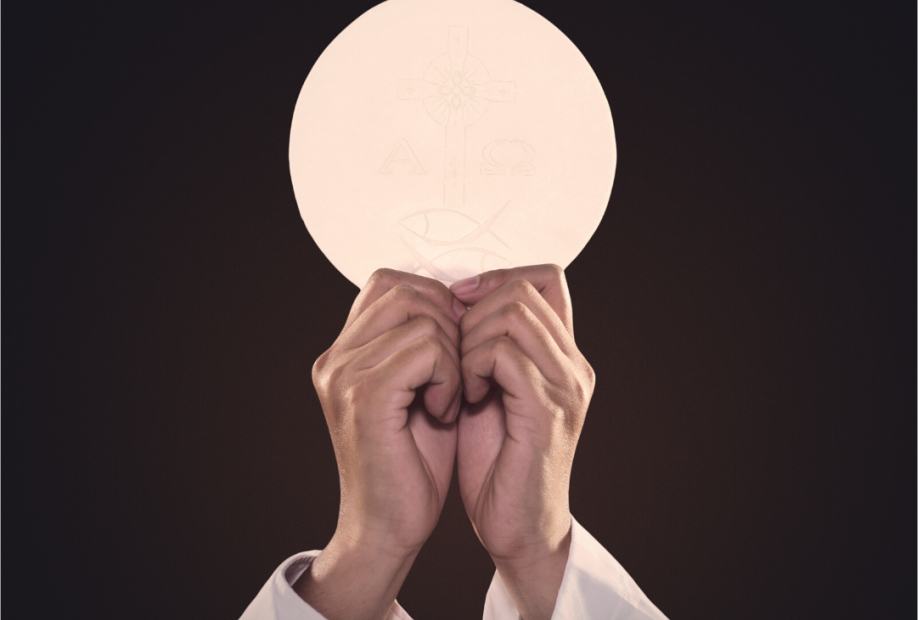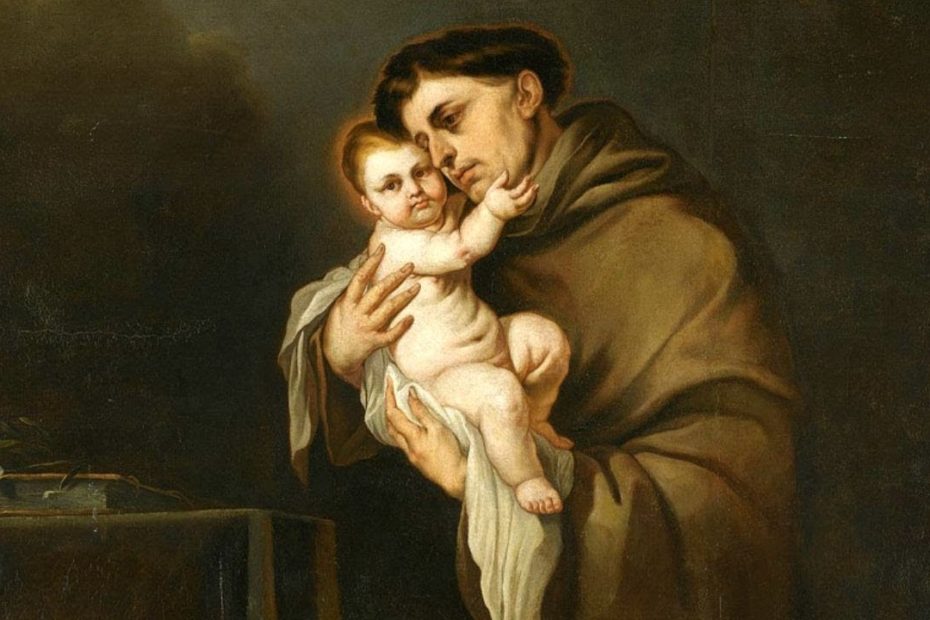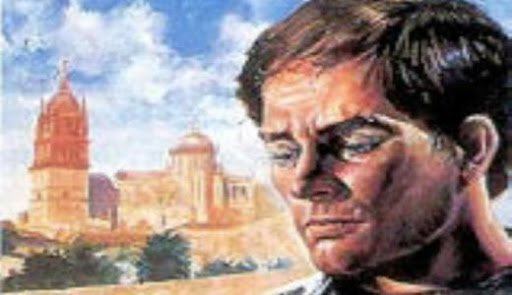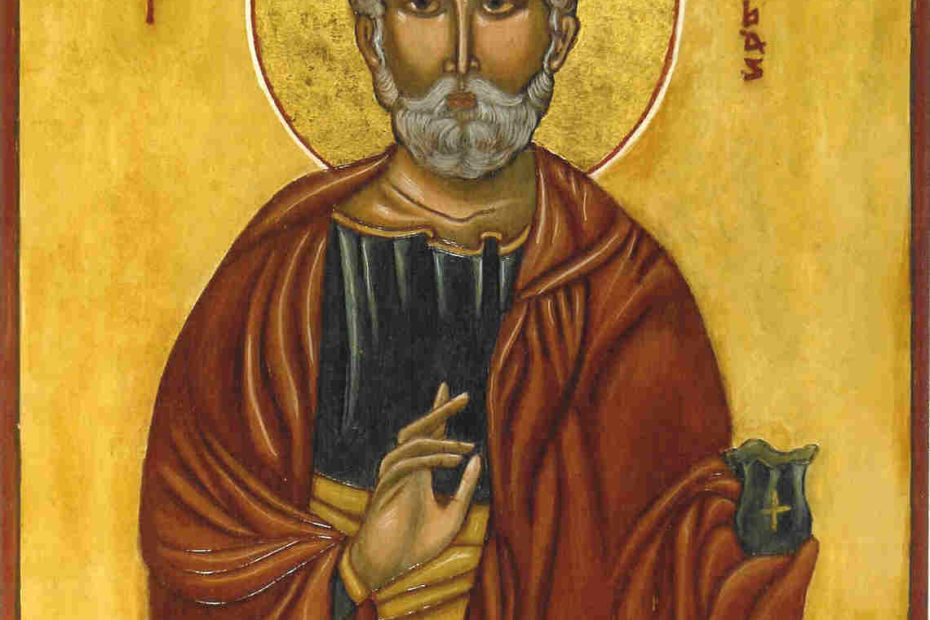Corpus Christi Sunday
“While they were eating, he took bread, said the blessing, broke it, gave it to them, and said, ‘Take it; this is my body.’ Then he took a cup, gave thanks, and gave it to them, and they all drank from it. He said to them, ‘This is my blood of the covenant, which will be shed for many.'”
Where the Solemnity of the Body and Blood of Christ is not observed as a holy day, it is assigned to the Sunday after Trinity Sunday, which is then considered its proper day in the calendar.









